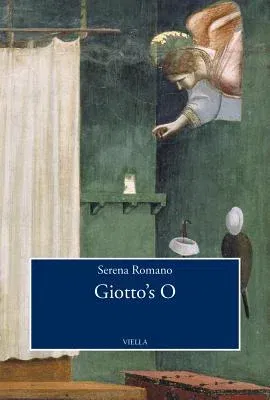Serena Romano
(Author)Giotto's OHardcover, 30 November 2015

Qty
1
Turbo
Ships in 2 - 3 days
In Stock
Free Delivery
Cash on Delivery
15 Days
Free Returns
Secure Checkout

Part of Series
Viella History, Art and Humanities Collection
Print Length
338 pages
Language
English
Publisher
Viella
Date Published
30 Nov 2015
ISBN-10
8867284991
ISBN-13
9788867284993
Description
Product Details
Author:
Book Format:
Hardcover
Country of Origin:
US
Date Published:
30 November 2015
Dimensions:
23.11 x
15.75 x
3.3 cm
Genre:
Medieval (500-1453) Studies
ISBN-10:
8867284991
ISBN-13:
9788867284993
Language:
English
Location:
Rome
Pages:
338
Publisher:
Weight:
884.5 gm